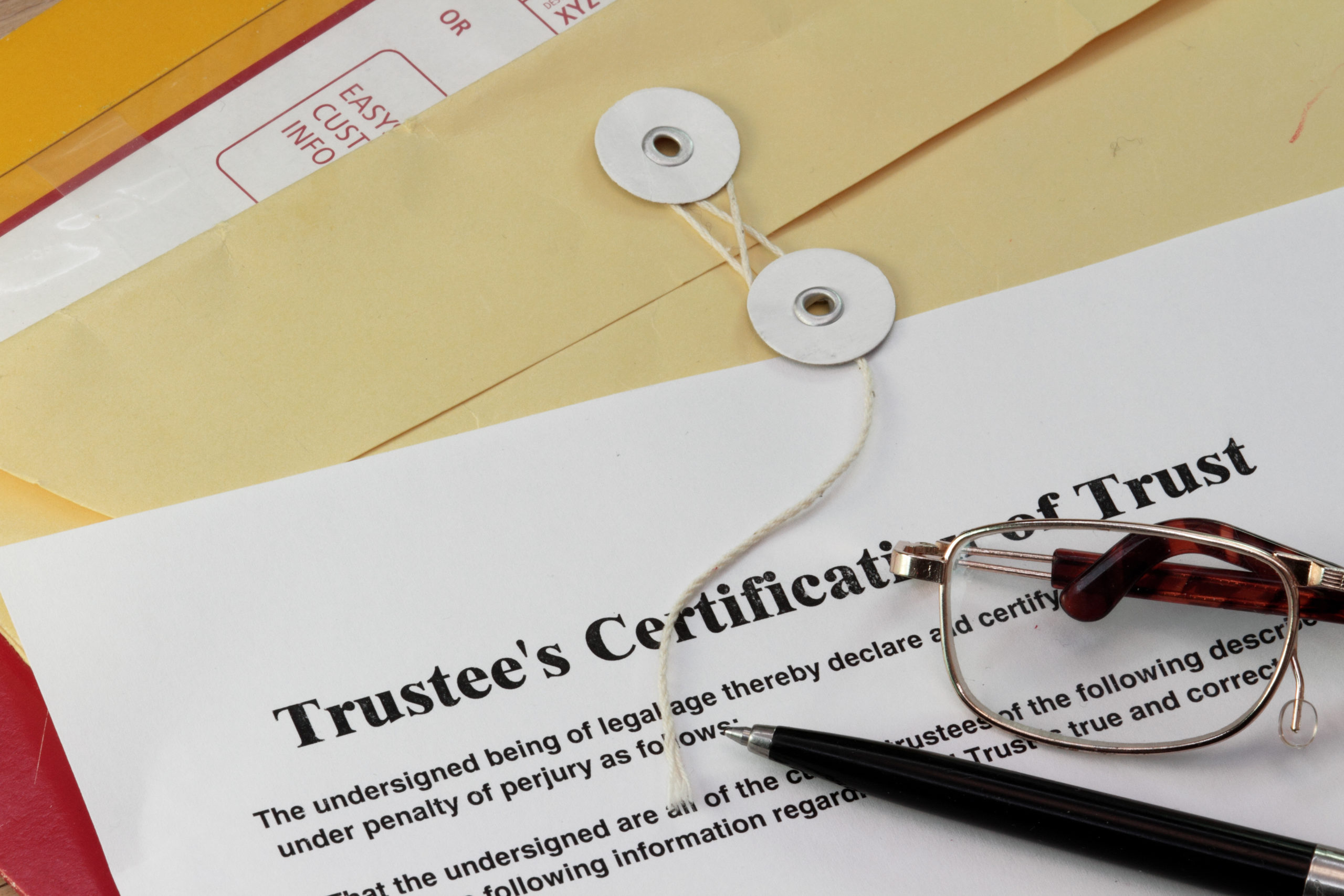A trust is a legal entity that you create to hold and preserve your estate for the benefit of the designated beneficiaries.
Once you create a trust, it is important that you appoint a trustee who will administer its assets and investments, pay taxes and any debts and make a distribution to the beneficiaries according to your wishes.
A trustee, by virtue of their legal responsibilities, is usually held to a high standard of care. Basically, a trustee has fiduciary duties, meaning they are legally obliged to act in good faith with honesty, integrity and in the interest of the beneficiaries as outlined in the trust document.
Here are the key roles and responsibilities of a trustee in California
Understand the trust’s provisions
It is important that you read and understand all the trust’s documents. This way, you will have insights into the settlor’s wishes and intentions when it comes to how the assets are handled. The trust’s documents may also clarify what kind of leeway or discretionary powers you do (or do not) have when it comes to disbursing assets.
Take control of the assets
As a trustee, it is crucial that you determine the assets that are included in the trust document and take control of their management. Sometimes, this can be a challenging task. It is the trustee’s duty to ensure that all the assets enlisted in the trust document are can be located. You may also be responsible for investment decisions, having certain items valued, selling certain items and more.
Identify the beneficiaries
Most trust documents will list their beneficiaries’ contact information — but that doesn’t necessarily mean all of the information is current. Locating the beneficiaries of the trust and making sure they understand their rights and obligations is part of your job.
Being a trustee is not easy. If you have been appointed as a trustee, it is important that you seek all the professional help you need to make sure everything goes as smoothly as possible.


